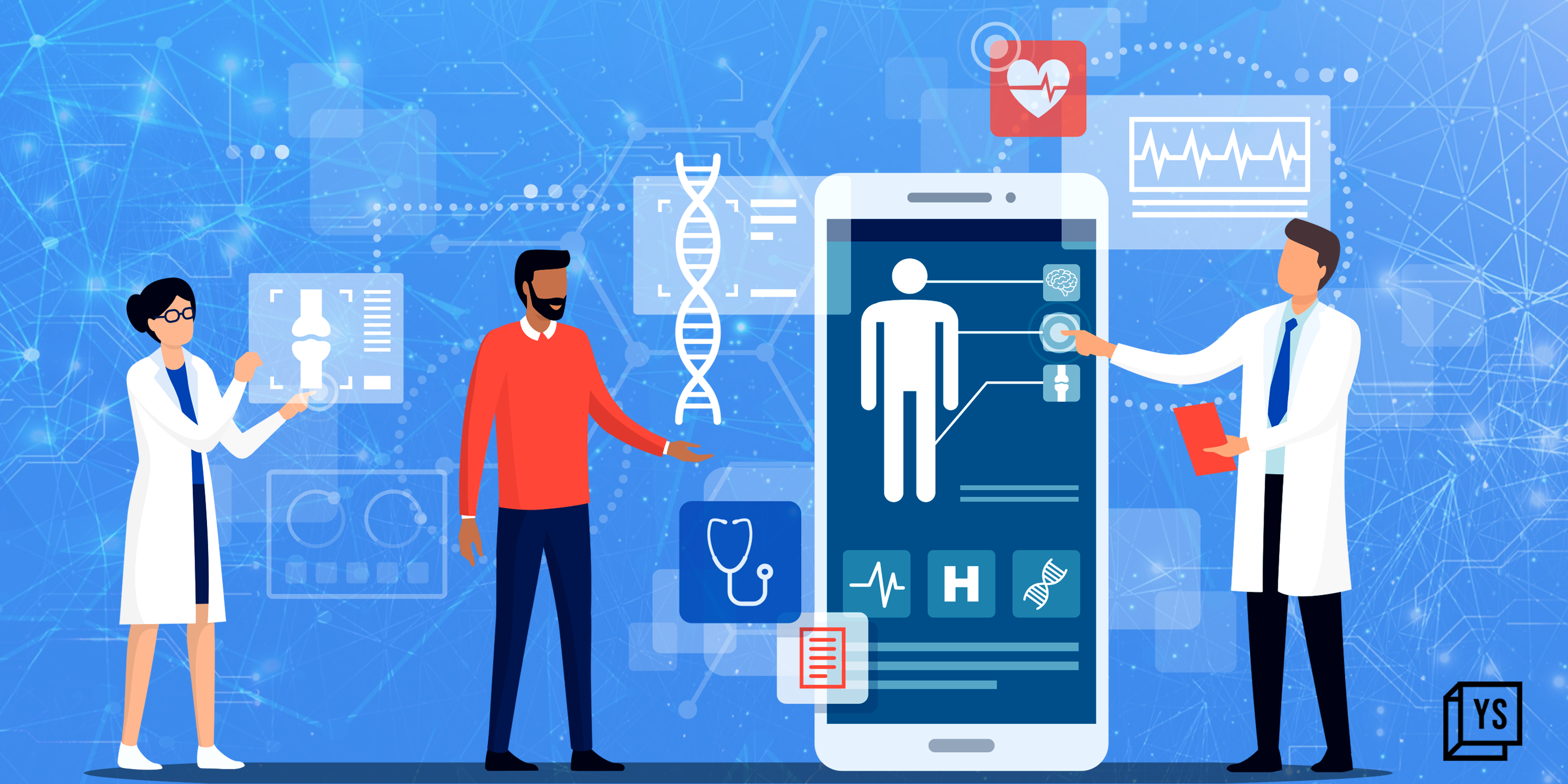Yourstory
15h
76

Image Credit: Yourstory
Diagnostic innovations in reproductive health
- Diagnostic innovations in reproductive health have seen significant advancements in India. Non-invasive diagnostic tests, prenatal testing and AI-powered fertility tools are being utilized in infertility diagnostics, to enable earlier and more accurate assessments, and sperm morphology analysis. Improved diagnostics for STIs, hormonal testing for PCOS and hormonal imbalances in men is gaining traction in Sexual wellness. These innovations are expected to enhance precision, accessibility, and personalized medicine in reproductive healthcare. The government’s initiative with Ayushman Bharat and big data analytics will help drive growth while telemedicine is set to improve health access in rural India.
- Infertility is on the rise in India with almost 15% of couples being affected. AI is playing a transformative role, particularly in In Vitro Fertilisation (IVF), where it assists in selecting high-quality embryos, boosting IVF success rates by as much as 20-30%. Non-invasive fertility tests are gaining popularity for easy access to tests for ovarian reserves, hormone levels, and sperm quality.
- Non-invasive prenatal testing (NIPT) is gaining popularity in pregnancy diagnostics. The market for this technology is projected to grow by 15% annually through 2025, according to the Indian Diagnostics Market Overview. Additionally, remote health monitoring solutions are becoming more integral in managing high-risk pregnancies. Mobile health apps and telemedicine are expanding access to essential maternal diagnostics.
- In addition to STI diagnostics, hormonal testing for conditions like polycystic ovary syndrome (PCOS) is gaining traction. Men’s reproductive health is also gaining more attention as the demand for diagnostics related to sperm health and hormonal imbalances is increasing, driven by better awareness and less stigma around male infertility.
- India’s reproductive health diagnostics market is expected to see robust growth. Innovations in AI-driven diagnostics, big data analytics, and digital health platforms will continue to enhance the precision and accessibility of healthcare. The integration of telemedicine, particularly in rural India, is set to improve access to diagnostics and medical consultations.
- Increased focus on preventive care, early detection, and personalised medicine is expected to enhance the overall reproductive health outcomes across the country, contributing to better health and wellness for future generations.
Read Full Article
4 Likes
For uninterrupted reading, download the app